Professor Hossein Askari, who teaches international business at the George Washington University, says Biden could not withstand the pushback from lobbyists who represent Israeli interests.
He adds “They would threaten funding for the Democratic Party and its candidates.”
He also says that “He would not lift the new sanctions that Trump imposed but only the sanctions that had been lifted as a result of the JCPOA.”
Following is the text of the interview with Professor Hossein Askari.
Bazaar: The Iranian government has announced that it is ready to return to nuclear talks soon. The other side, meanwhile, insists that Iran should return to the nuclear deal sooner. What is the reason for their insistence?
Askari: They feel that Iran is making too much progress to the point where they could develop a bomb within 3-6 months—the breakout point. Then at this point, Iran would need little time to retaliate with a bomb if it chose to. Of course there are a number of other technical issues before Iran could have a bomb that could be small enough to be delivered to a target. While Iran has always said that it does not intend to develop a bomb, they are still afraid that Iran could have a bomb.
Bazaar: Iran has stated that the talks on the JCPOA will be neither more nor less and that sanctions should be lifted accordingly. Will the US lift the sanctions?
Askari: No. Biden could not withstand the pushback from lobbyists who represent Israeli interests. They would threaten funding for the Democratic Party and its candidates. He would not lift the new sanctions that Trump imposed but only the sanctions that had been lifted as a result of the JCPOA.
Bazaar: Iran has reached the knowledge of 60% enrichment. Some believe that even if Iran returns to the JCPOA and accepts the restrictions, it still has the experience of 60% enrichment and the balance of power has shifted in Iran's favor in practice. What is your assessment?
Askari: Yes, Iran has the experience and as I have said earlier this is a worry for the U.S. and its partners. But this is a cost that they have incurred by breaking an agreement that they signed. But when you talk about the balance of power there is another issue. Iran’s economic condition. I would argue that Iran is in a worse economic condition. In part because of Covid and sanctions. But also, as I have said for 30 years, Iran needs more rational economic policies. More effective institutions that also includes a dramatic reduction in corruption.
Bazaar: Given the current developments, how do you assess the future of the JCPOA?
Askari: The JCPOA will be re-constituted but given all that has happened—more sanctions, Iranian suffering, Israeli terrorist attacks on Iranian scientists and facilities, and the fact that the U.S. broke an agreement it had signed and one that was ratified by the U.N. Security council—but I believe that the JCPOA will be on life support because of these things that have happened.
Bazaar: If the negotiations fail, what will be the plan B of the two parties?
Askari: If negotiations fail and Iran continues its nuclear research, deports the nuclear inspectors and shuts down their cameras, then I think that Israel and the U.S. will attack Iranian facilities. Then Iran will have to decide how to retaliate.

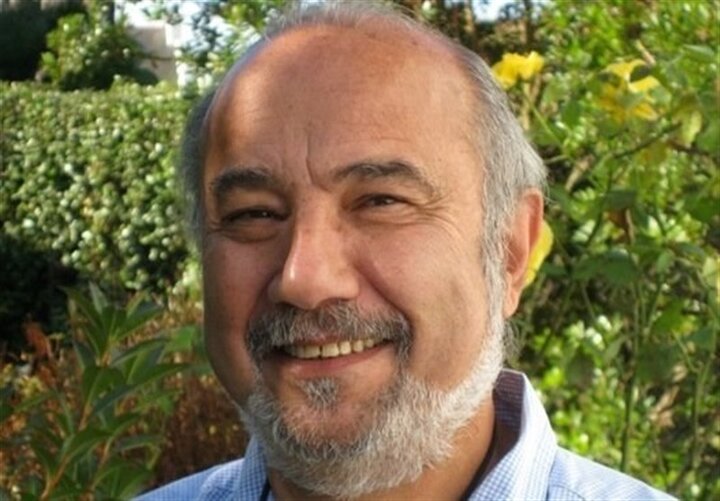




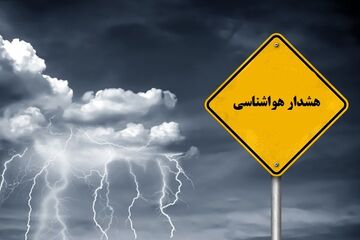

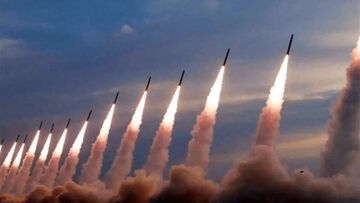


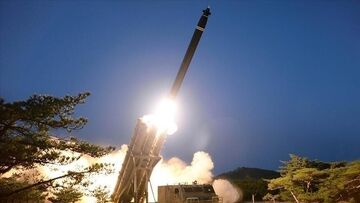

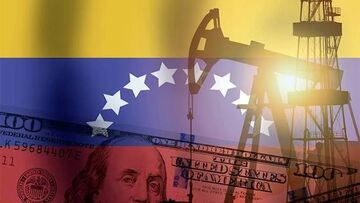

نظر شما